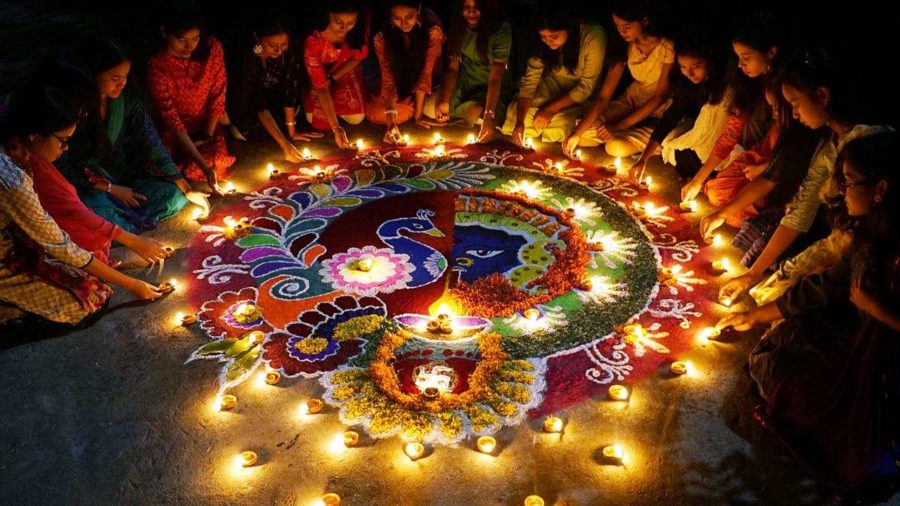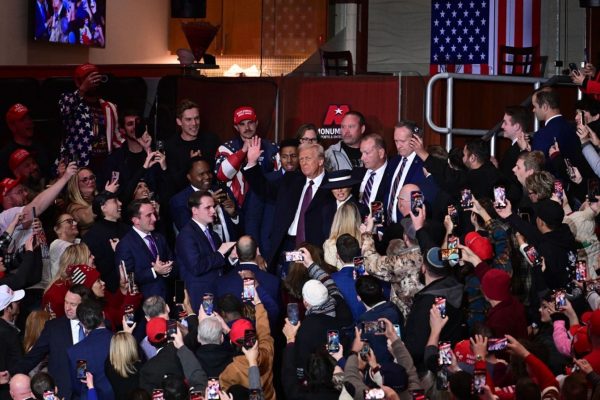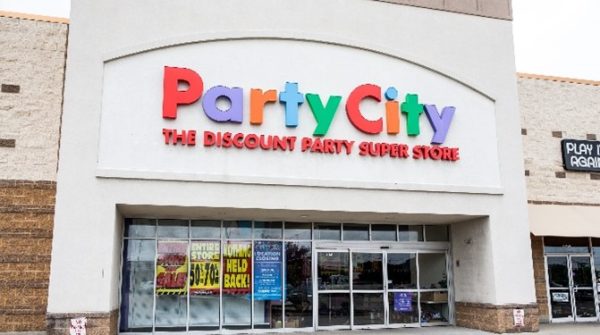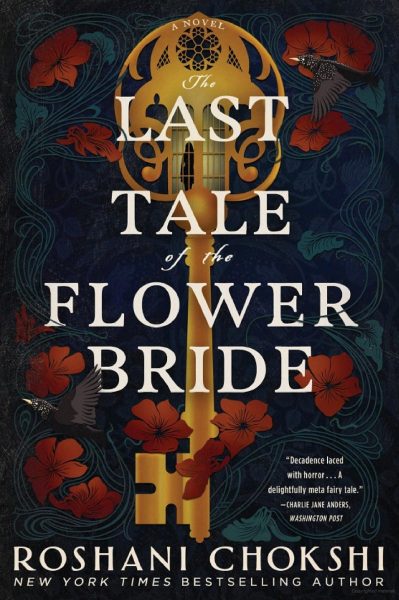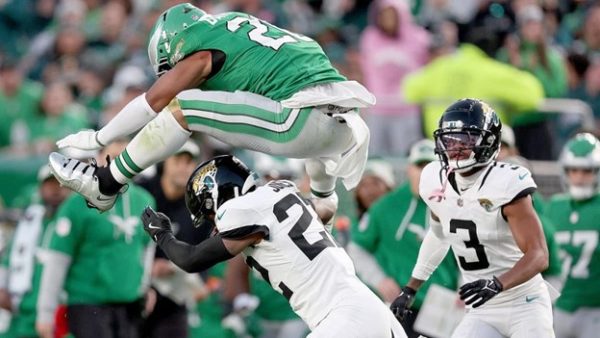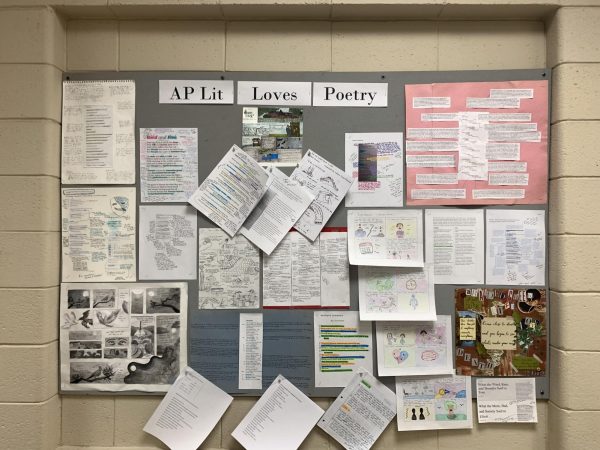Diwali: One Word Brimful of Meaning
Diwali is an Indian festival often known as the “festival of lights”. It celebrates the triumph of good over evil and the great blessings of victory, freedom, and knowledge. The name “Diwali” comes from the Sanskrit dipavali, which means row of lights. This year, it will be celebrated on October 24th, when celebrants will light up dozens of clay lamps and place them around their houses and streets to light up the night.
Although the name is constant throughout cultures, Diwali has a completely different history in the different regions of India.
In North India, the festival was first celebrated when Lord Ram returned to his home for the first time in 14 years after killing Ravana (a demonic creature in Hindu mythology). According to the Hindu epic, Ramaya, the people of his hometown lit up oil lamps to celebrate his return. From this day, the tradition continued. On this day, Lord Ganesha and goddess Lakshmi are also celebrated through the cleaning and decorating of homes.
In West India, celebrants draw footprints of goddess Lakshmi, decorate their homes, and light up candles. They also often exchange gifts and sweets among neighbors, friends, and family. Also, for this region, Diwali acts as the beginning to a new financial year, and people often start new businesses, create new accounts, and begin saving money.
The people of East India use Diwali as a time to worship goddess Kali (goddess of power, time, or death). This celebration occurs for three days, where houses are brightly lit, and doors and windows are kept open to welcome Goddess Lakshmi, who is believed to visit homes during the time and bless the residents.
In South India, Diwali represents the day Lord Krishna killed Narakasura, who became evil and disturbed the order of the world (according to Hindu mythology). Here, people clean their homes and decorate with rangolis to celebrate the defeat of Narakasura. Often, celebrants buy and wear new clothes on this day to signify a new start and celebrate past successes.
With all the diverse traditions within the small country of India, the common factor regarding Diwali has always been the lighting of candles and the gathering of families. Indians, including those living here in North America, come together with relatives, neighbors, and friends, devoting a day to celebrate and exchange happiness. On October 24th, whether you religiously celebrate Diwali or not, spend your day with family and friends, and celebrate the hard work you have been putting to start this school year positively.


